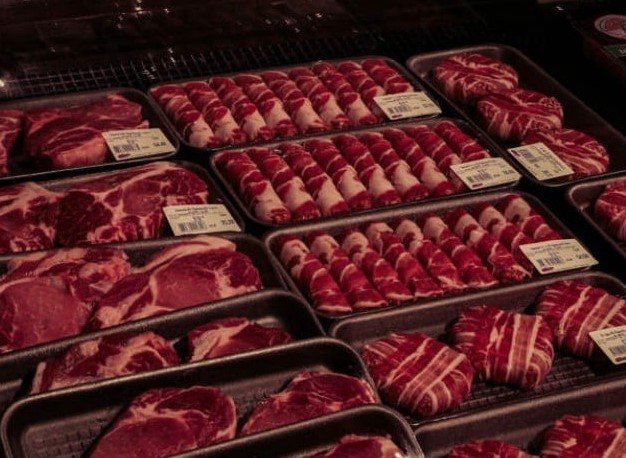Sydney, Australia – In an effort to combat the rising issue of meat theft, Australian supermarket chain Drakes has begun trialing a new security measure: GPS-tracked meat packets. This initiative involves embedding small GPS trackers into high-value meat cuts, such as wagyu beef and lamb chops.
Combating Meat Theft with Technology
Meat theft has become a significant concern for Australian supermarkets, with losses estimated to reach AU$12 million annually. This issue is particularly prevalent in South Australia and Queensland, where Drakes operates a substantial number of stores.
The decision to trial GPS in meat packets stems from the company’s recognition of the need for innovative solutions to address this growing problem. By embedding GPS trackers into the meat packaging, Drakes aims to deter theft and facilitate the recovery of stolen goods.
How the GPS System Works
The GPS trackers embedded in the meat packets are small and discreet, ensuring that they do not affect the quality or presentation of the product. O from the store, the GPS tracker activates, allowing Drakes to monitor its location in real time.
In the event of a theft, the company’s security team can track the stolen meat using the GPS signal. This information can then be shared with law enforcement to assist in the apprehension of the thieves and the recovery of the stolen goods.
Potential Benefits of GPS-Tracked Meat Packets
The implementation of GPS-tracked meat packets is expected to bring several benefits to Drakes and its customers:
-
Reduced Meat Theft: The ability to track stolen meat is likely to deter potential thieves and significantly reduce the overall incidence of meat theft.
-
Recovered Goods: In cases where theft does occur, the GPS trackers will increase the chances of recovering the stolen meat, minimizing financial losses for the company.
-
Enhanced Customer Experience: By addressing the issue of meat theft, Drakes can create a more secure and pleasant shopping experience for its customers.
Future Plans for GPS-Tracked Meat Packets
The success of the trial at select stores will determine the future rollout of GPS-tracked meat packets across Drakes’ entire network of stores in Australia. If the technology proves effective in reducing meat theft, it could serve as a model for other supermarkets and retailers facing similar challenges.
The use of GPS-tracked meat packets is a testament to the growing adoption of technology to combat retail theft. As the cost of technology continues to decline and its capabilities expand, we can expect to see even more innovative solutions emerge in the fight against shoplifting


